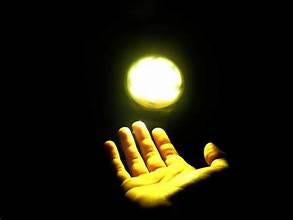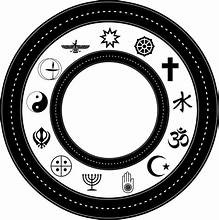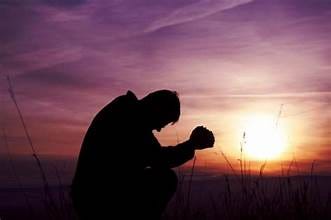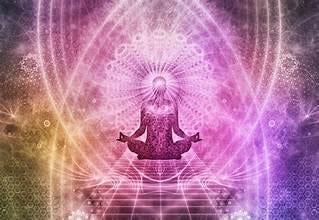Beyond Belief: An Introduction to the Psychology of Spirituality and Religion
This post provides an overview of spirituality and religion, explaining the relationship between the two, and introduces the idea of individual spiritual experiences.
Hello! This marks the first post of my educational blog series on cultivating spirituality throughout life. Today, we're going to chat about the psychology of spirituality and religion. You might be wondering, "Are these the same thing? What's the difference between the two?" Don't worry, I'm here to help you make sense of these concepts and how they relate to one another.




Spirituality and Religion
So, let's start by defining spirituality:
Spirituality is all about your personal relationship with or connection to the sacred or divine parts of the world.
The sacred can be a religious concept, like God or a higher power, or it can be something more abstract, like a sense of interconnectedness or a feeling of oneness with the world, humanity, or life itself. Spirituality, while a common element of human experience, is unique to each person and can be experienced in many different ways. For example, one person may experience a deep sense of unity with the world around them as they spend time walking through nature. Another person may feel that they have a purpose that is revealed to them through deep insight that seems like it is coming from something beyond. Yet another might experience a connection to a lost relative, feeling that they are still with them and watching over their life.
One way to understand your spirituality is by thinking of times where you felt connected to a part of yourself which you consider your “true” self, a part of you that may seem oddly familiar, or even more real than real. This true self may reveal itself to you spontaneously or intentionally through deep reflection. We often experience this super real self when we’re growing up, in a variety of situations, but others may not see us in this way. In fact, you might feel vulnerable telling others about these deeply meaningful experiences, but do not worry, you are not alone. In fact, empirical studies consistently find around 35% of people have had a spiritual experience at one point or another in their life (Yaden & Newberg, 2022).
Religion, an often misunderstood word, is dynamic in nature and can refer to both institutional and personal beliefs, values, practices, and experiences. It can be understood in personal and institutional dimensions.
Personal religion is synonymous with spirituality as it relates to your direct experiences with whatever you consider the divine. For instance, how a person engages in prayer or internalizes their beliefs are deeply personal elements of religion - based in connection and faith. On the other hand, institutionalized religion is an organized system of beliefs, practices, and rituals that people follow to connect with the sacred. Religion in this respect is synonymous with culture (Cohen & Hill, 2007). In both institutional and personal religion, spirituality is a core component as they both concern themselves with experiencing the sacred and transcendent aspects of life.
Another way of understanding the relationship between spirituality and religion is that religion is primarily concerned with beliefs and doctrines, while spirituality concerns itself with experiences and connections.
Nonetheless, the two are intertwined and act reciprocally, as our beliefs about what is “real” or “true” inform our experiences and connections, but also our experiences can provide us with subjective evidence about reality.
Why These Distinctions Matter
When most people think about religion, they think about institutionalized religion, and not the deeply individualistic experiences that are core to personal religion. When defined this way, it’s common for young people and adults to challenge religious doctrines that might seem rigid and outdated.
Unlike institutionalized religion, spirituality doesn't require you to follow specific doctrines or rituals; instead, it's about your own personal journey to understand the meaning of life, find purpose, and connect with the universe.
Now that you have a better idea of what I mean by spirituality, I will switch gears to explain the various ways that spirituality is experienced so that you can integrate these ideas into your religious or secular (non-religious) worldviews. On Friday, we will explore the varieties of spiritual experiences!



